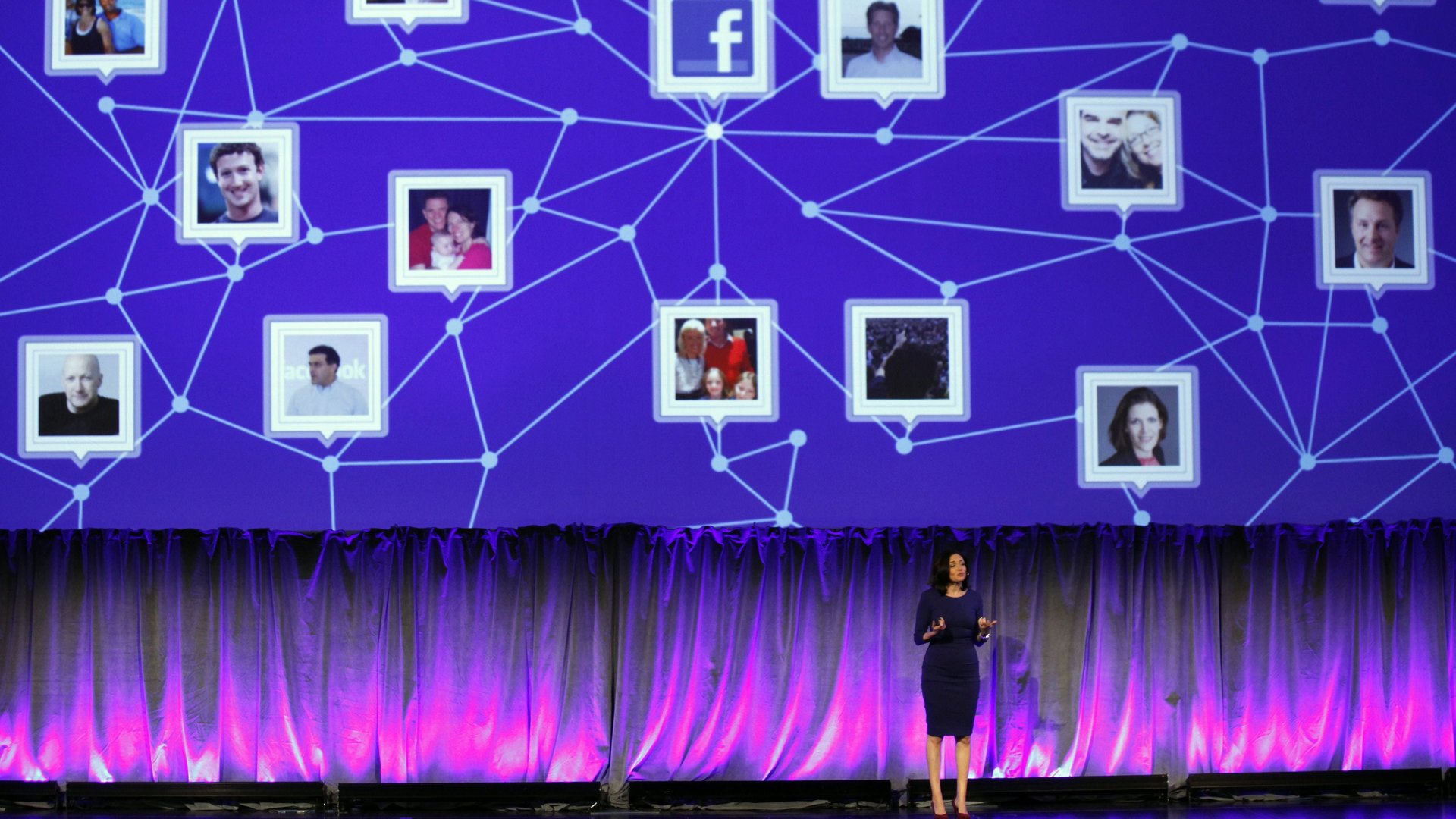While Silicon Valley keeps expanding benefits, the rest of us aren’t making much progress
When Facebook COO Sheryl Sandberg earlier this week announced an expansion of the company’s bereavement and family-leave policies, it added another dimension to a growing disconnect between Silicon Valley and the rest of America. Not a gap in wages, or rents, or ping-pong tables per capita (though, all of those things too) but a gap in family-friendly policies like child care, extended paid maternity leave, and other benefits.


When Facebook COO Sheryl Sandberg earlier this week announced an expansion of the company’s bereavement and family-leave policies, it added another dimension to a growing disconnect between Silicon Valley and the rest of America. Not a gap in wages, or rents, or ping-pong tables per capita (though, all of those things too) but a gap in family-friendly policies like child care, extended paid maternity leave, and other benefits.
Under Facebook’s new policies, employees can now take up to six weeks of paid leave, within a 12-month rolling period, to care for an ill family member, and up to 20 paid days of leave after an immediate family member’s death. In the United States’ private-sector workforce overall, 44% of workers don’t get even a day of paid leave to attend a funeral, and 40% don’t get paid sick days to take care of themselves.
Large technology companies have in recent years significantly, and very publicly, raised the bar when it comes to setting family-friendly policies (even if family-friendly culture doesn’t always follow). And when tech industry leaders like Facebook announce these types of updates, it helps set a new bar among companies that compete with them for talent. In 2015, for instance, Netflix added an “unlimited parental leave“ policy. One day later, Microsoft upped its own maternity leave and Adobe soon followed suit, bumping its policy to 26 paid weeks.
Meanwhile, the overall private sector has made little progress toward providing workers with access to even basic benefits. The US remains the only OECD country without a federally mandated paid maternity leave policy—workers are guaranteed up to 12 weeks of unpaid leave—and 87% of US private-industry workers don’t have access to any paid family leave.
There has also been little progress in expanding insurance benefits:
Or retirement benefits:
Or child-care benefits:
In announcing Facebook’s new policy, Sandberg wrote that she was grateful to work at a company that supported her after her husband’s death. “I know how rare that is,” she wrote. “I believe strongly that it shouldn’t be. People should be able both to work and be there for their families. No one should face this trade-off.”